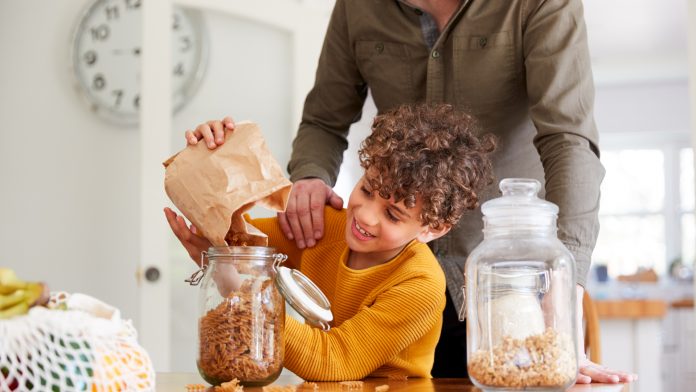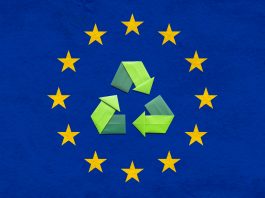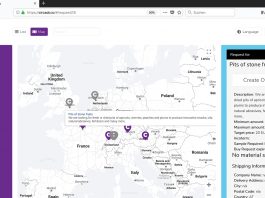Willemijn Peeters from Searious Business, an environmental consultancy firm in the Netherlands, discusses the role of convenience in managing plastic waste and how refillable packaging could help to solve global waste issues.
Convenience has long stood for a fast-paced, throw-away culture – at least in the last century, however, convenience now also means ease of use without waste. 74% of consumers are actively looking for more sustainable packaging and do not want mountains of plastic waste at home anymore. In the United Kingdom, this figure is even higher, with up to 90% of consumers stating they would choose a sustainable packaging option.
The problem is clear, but there are hardly any real solutions being worked on. Let’s be open about this; there’s nothing wrong with plastic in itself, the issue lies with the system managing plastic and how users deal with it. All too often, discussions focus on the replacement of one material by another, while not addressing the circularity of the system. Circular economy is a well-known concept in Europe, yet a deposit system has only been implemented in a few countries and then only for bottles made of PET or glass.
Alternative materials and reusable packaging in supermarkets
Searious Business has gained a lot of experience over the last five years with the introduction of alternative materials and reusable packaging at supermarkets at home and abroad.
We see an enormous increase in requests for unpacked products, but especially reusable packaging. Even in a pilot setting with lower than average quantities, you see payback periods of less than six months per product packaging and material savings of more than 30%. On average, that yields almost €200,000 in savings potential. Offering unpackaged and bulk products always pays off for our supermarket customers.
Yet, you have to know how to set up such a system properly. One supermarket that has good experience in this field is Asda in the UK. They have set up an aisle with refill systems, with different brands supplying in bulk and consumers taking reusable packaging and returning it.
Carrefour has also introduced refill systems for various products in more than 1,000 stores in France. The strong growth figures speak for themselves and Carrefour has therefore announced further expansion for 2021.
In Morocco, Searious Business is running a similar systemic change project: the three largest national supermarket chains have partnered with the innovation agency and are now launching two pilot projects: a deposit system on PET bottles and reusable packaging for hot and cold meals.
The Moroccan government is using this project to introduce a nationwide deposit system and aims to implement further incentive measures to tackle packaging waste at the source. The behavioural changes initiated by supermarket chains are now demonstrating the feasibility of the reduced waste approach, giving the leading companies an immediate advantage over the rest. In this respect, a systemic approach clearly pays off compared to small, incremental improvements such as material substitution alone.
2021 will be an important year in making materials more sustainable. The European Commission, as well as the several national governments, have set hard targets and both supermarket chains and brand owners have made new commitments for this year. A further increase in the differentiation rate in packaging is inevitable, as is further expansion on deposit return schemes.









